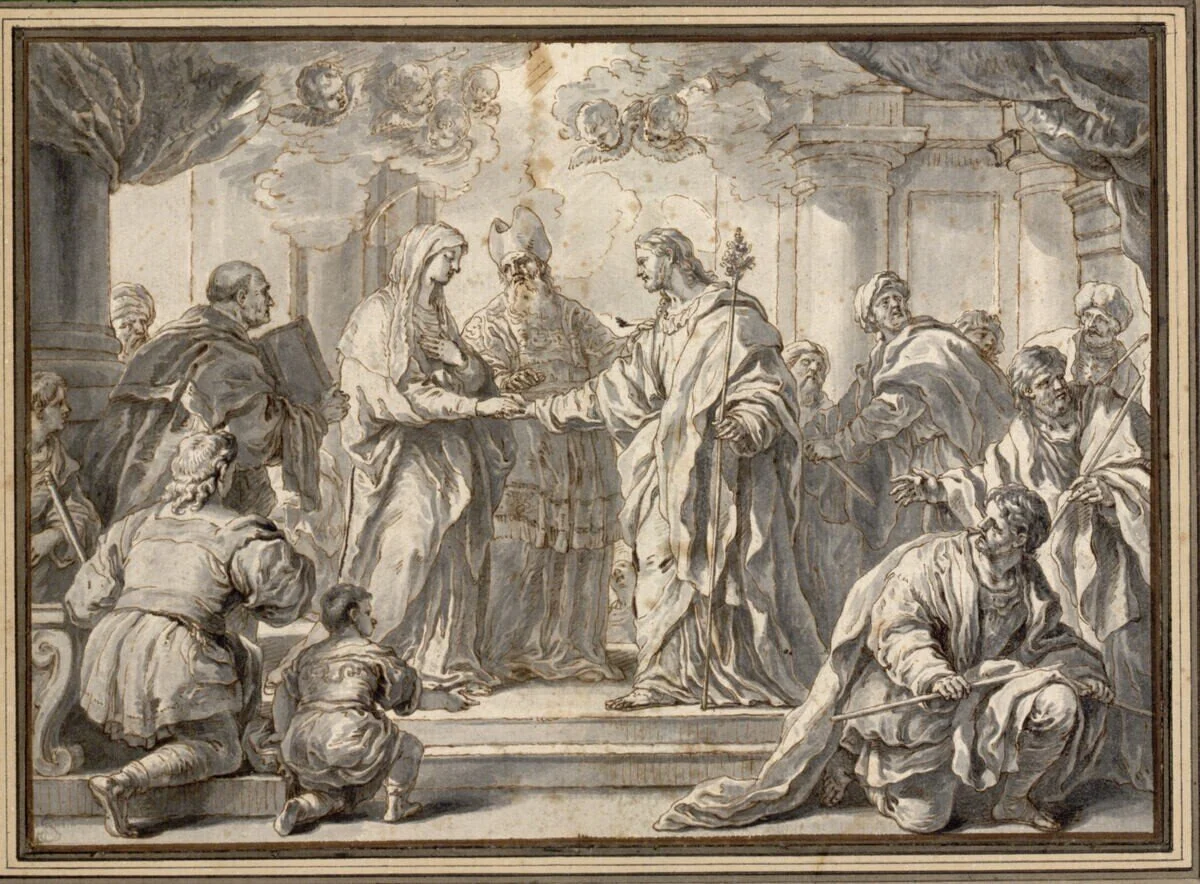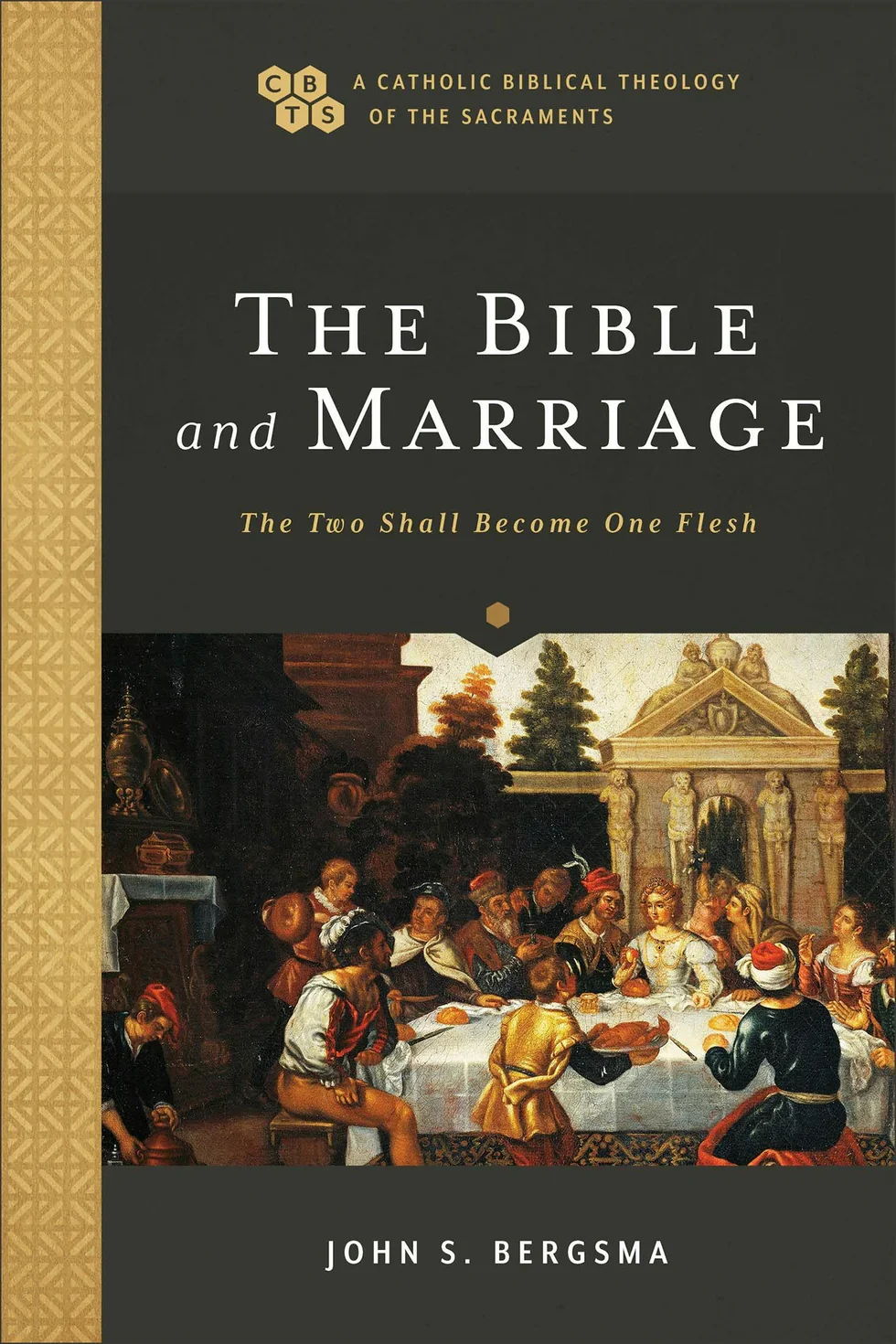
Life-Giving Wounds Blog
Poetry | Art | Music | Blog Search Index
Welcome to the Life-Giving Wounds blog!
Our blog annually releases 30+ posts. We already feature 170+ posts from 60+ authors, who are adult children of divorce themselves, experts in psychology or healing, or both, writing from the Catholic perspective as an expression of their journey of faith and healing. We invite you to browse our library or, if you’re looking for something specific, hop over to our index page where you can find a complete list of categories, tags, and authors. The index also has a search function and a complete list of blog posts arranged chronologically.
Want to get the latest blog post in your email inbox? Sign up for our newsletter (and choose "blog posts" from among the newsletter options) and you will automatically get it.
P.S. Want to write for us? Drop us a line!
FEATURED
LATEST BLOGS
Dating as an ACOD and as a 32 Year Old Hopeful
I had a priest friend of mine walk up to me and say “I’ve been praying for your future husband!” Immediately, I started to tear up. “Don’t do that. You are wasting your time,” I snapped. The sentiment meant so much to me, but I was struggling in that moment with my desire. The path to get there has not been easy, making it feel utterly impossible at times.
Book Review: The Bible and Marriage: The Two Shall Become One Flesh by Dr. John Bergsma
Bergsma’s [book] ... for an adult child of divorce ... is like life-giving water for a parched soul. For me, it offers a healing lens to view marriage, not through the brokenness I witnessed growing up, but through the understanding of God’s original design as revealed in His Word. In reading this book, I found not only clarity, but also hope...
How to Get Through a Rough Patch in Your Marriage
No couple gets married looking forward to being unhappy in their marriage. But no couple avoids times in marriage where one or both spouses feel unsatisfied, restless, lonely, or just plain unhappy. Does that mean they have fallen out of love? Should they doubt their commitment? What should an unhappy couple do about their unhappiness?
Institute on Religious Life’s InnerView with Dr. Jill Verschaetse
Two key things to remember in working with candidates who are children of divorce are to avoid the extremes and to discern each situation individually. Communities should neither overly fear the effects of divorce on potential members nor gloss over this fact and fail to see the lasting impact it can have (despite the possibility of the person themselves being unaware of its effects). It is often the case that the repercussions of divorce do not surface until young adulthood or the beginning of more intimate relationships. Hence, younger candidates are often able to present well if these issues have not yet manifested. Nevertheless, simply being a child of divorce should not disqualify one from a vocation to the religious life. Rather, each situation should be discerned individually with an eye to the person's understanding of the effect it has had on them personally, their prior healing work, their present manner of being in close relationships, and their openness to further healing efforts should issues arise in the future.
Holy Matrimony as a Sacrament of Healing
For those not married who believe they are called to marriage, you may know quite well the brokenness that keeps you in patterns that delay your readiness for the type of relationship that would lead into marriage. In whichever category you find yourself, I submit that marriage has the potential to offer you significant healing. For those who are married, when your marriage becomes difficult, and it will, the key is to turn toward – not from – your spouse. The more you turn toward your spouse, with Christ, the more healing you will find. This is because holy matrimony is a sacrament that heals, and it heals through the communion and sacrificial suffering modeled after Christ’s own sacrificial suffering to restore communion between us and God.
Insights from Attachment Theory for Adult Children of Divorce (Part 4: Attachment to God)
Throughout Scripture, the images and language used to describe God frequently evoke two of the strongest attachment relationships that we can know as human beings—the relationship between a child and a parent, and the relationship between spouses.
From the Spouse of an ACOD
This year, my husband went on a Life-Giving Wounds retreat, and I am now forever grateful to this ministry. My husband left with a lack of understanding of his pain and his story, but returned to me and our family with the gifts of knowledge of himself and his pain, and a deeper understanding of his story. He was understood on the level of the heart that only something like this ministry can give. He came home with a correction of “oh, it doesn’t affect me” to “it affects everything in my life.”
Building a Strong Marriage as a Child of Divorce
The year we got married, Dan’s parents completed their divorce proceedings, which had begun more than a decade earlier when they separated while he was in middle school. It felt ironic and deeply sad that we were beginning our life together as his parents were definitively ending theirs. And it caused some anxiety in us: Could we make it work? Would we last?












